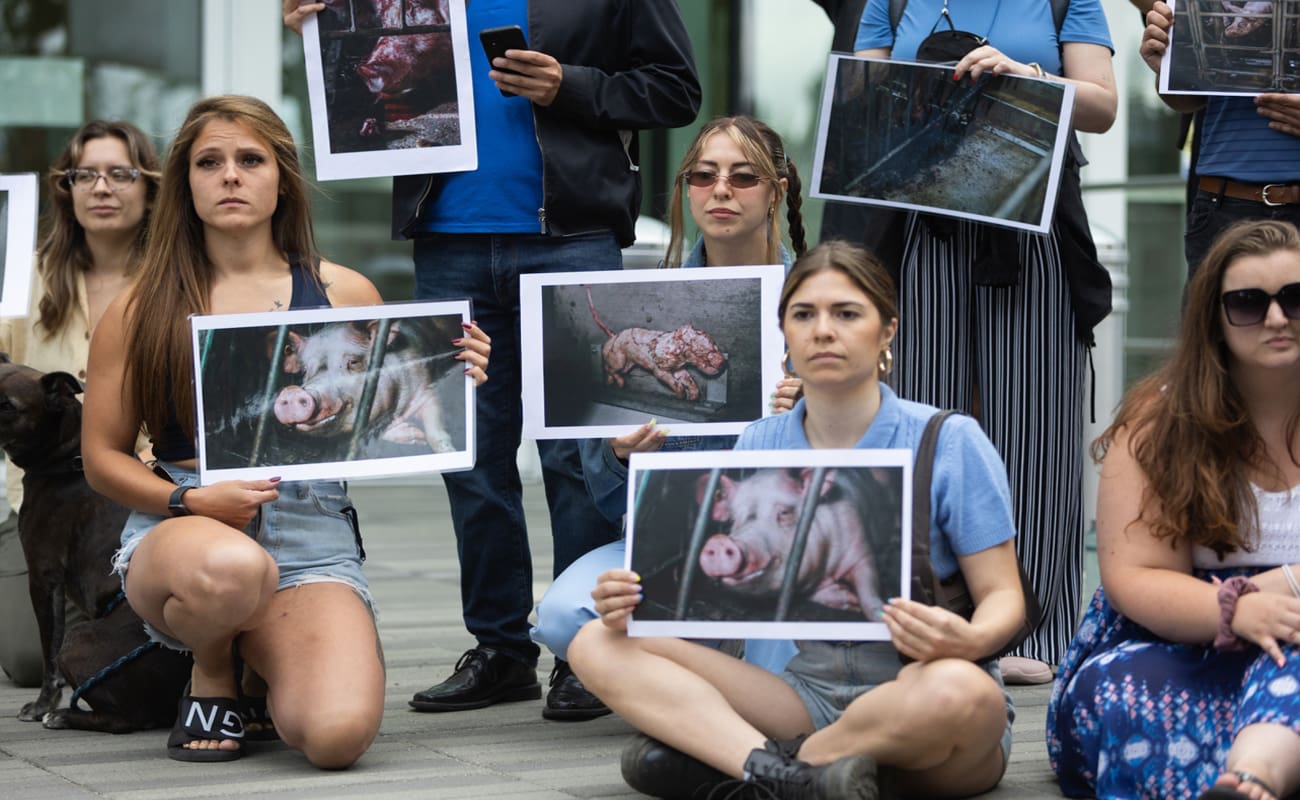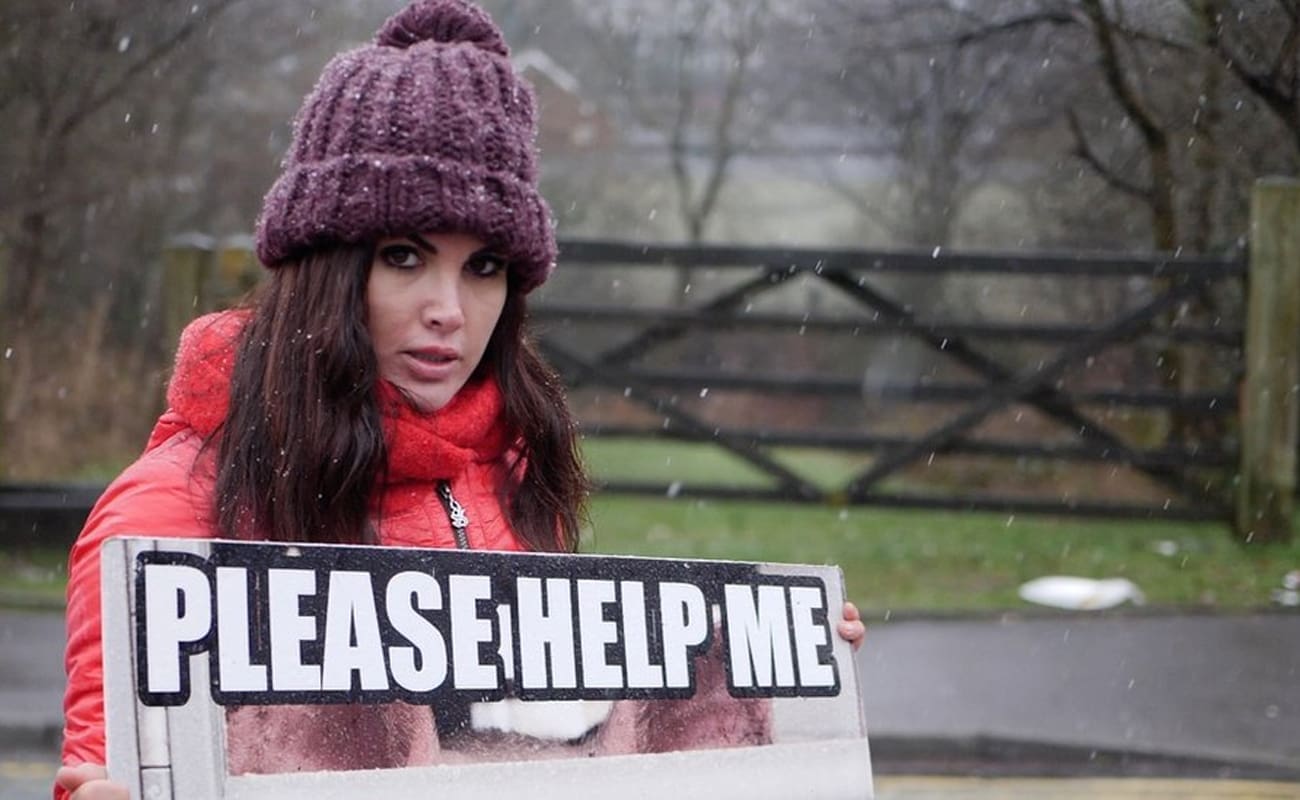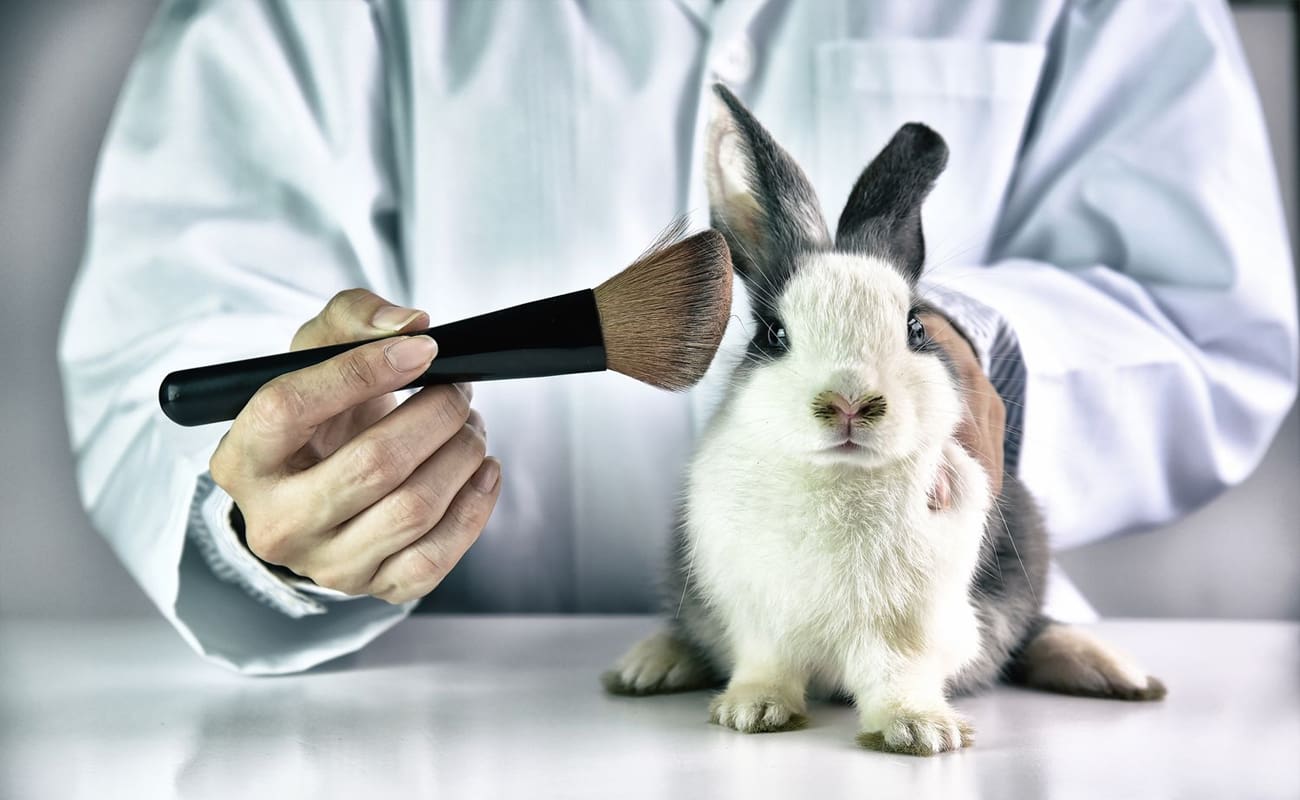Lesi sigaba siphenya izinga lomuntu lokuxhashazwa kwezilwane—indlela thina njengabantu ngabanye nemiphakathi esithethelela ngayo, esisekela, noma esimelana ngayo nezinhlelo zonya. Kusukela kumasiko amasiko nokuncika kwezomnotho kuye empilweni yomphakathi nezinkolelo zomoya, ubudlelwano bethu nezilwane bubonisa izindinganiso esiziphethe kanye nezakhiwo zamandla esihlala kuzo. Ingxenye ethi “Abantu” ihlola lokhu kuxhumana, iveze ukuthi inhlalakahle yethu ixhumene ngokujule kangakanani nezimpilo esizibusayo.
Sihlola ukuthi ukudla okusindayo kwenyama, ukulima kwezimboni, nochungechunge lokuhlinzekwa komhlaba wonke kulimaza kanjani ukondliwa kwabantu, impilo yengqondo, kanye nomnotho wendawo. Izinkinga zempilo yomphakathi, ukungavikeleki kokudla, nokuwohloka kwemvelo akuzona izehlakalo ezingazodwa—kuyizimpawu zesimiso esingenakubekezelelwa esibeka phambili inzuzo phezu kwabantu neplanethi. Ngesikhathi esifanayo, lesi sigaba sigqamisa ithemba noguquko: imindeni yezilwane ezidla inyama, abasubathi, imiphakathi, nezishoshovu ezicabanga kabusha ubudlelwano babantu nesilwane futhi zakha izindlela zokuphila eziqinile nezinozwela.
Ngokubhekana nezimiso zokuziphatha, amasiko, kanye nemithelela engokoqobo yokusetshenziswa kwezilwane, nathi sibhekana nathi. Hlobo luni lomphakathi esifuna ukuba yingxenye yalo? Izinqumo zethu zibonisa noma zikhaphela kanjani izindinganiso zethu? Indlela eya ebulungisa—ezilwaneni nakubantu—iyafana. Ngokuqwashisa, uzwela, kanye nesenzo, singaqala ukulungisa ukunqanyulwa obhebhethekisa ukuhlupheka okungaka, futhi siye ekusaseni elinobulungisa neliqhubekayo.
Izilwane ziyizidalwa ezinomuzwa ezinenani elingaphakathi, kodwa zivame ukuphathwa njengempahla ezweni eliqhutshwa yizintshisekelo zabantu. Lesi sihloko sihlola izisekelo zokuziphatha ze-veganism namalungelo ezilwane, siphonsela inselelo izindinganiso ezivamile futhi sikhuthaza ukushintshela ebubeleni nasebulungiseni. Kusukela ezimpikiswaneni zefilosofi ngokumelene nokuxhashazwa kuya emthonjeni wokuguqula ubushoshovu, thola ukuthi kungani ukuqaphela amalungelo ezilwane kubalulekile ekudaleni ikusasa elinomusa nelilinganayo lazo zonke izidalwa eziphilayo


























































